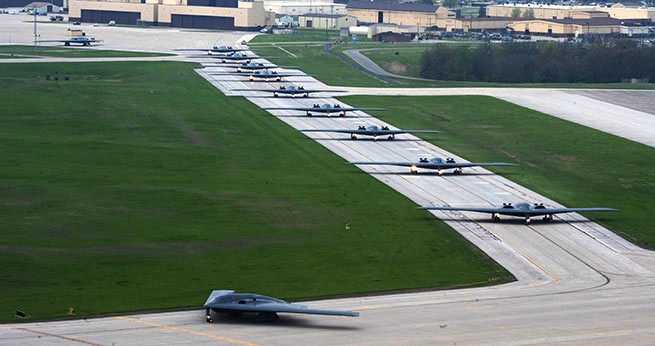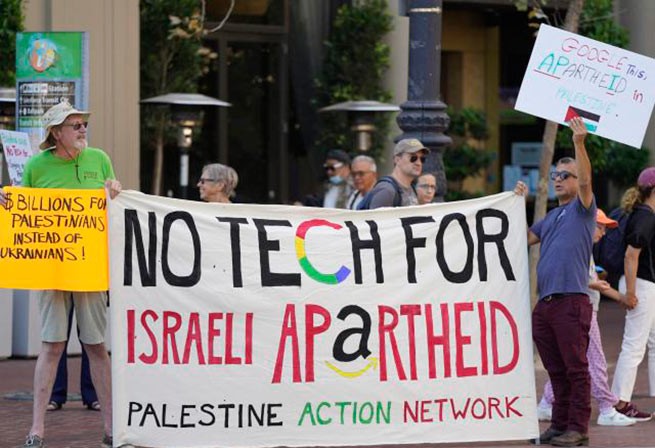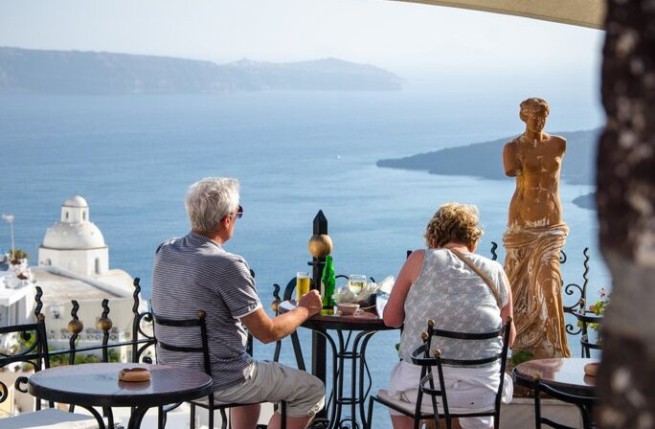“When these islands are militarized, then no one has the right to oppose Turkey’s defense efforts,” said the Turkish Defense Minister. Hulusi Akar in during his speech at the Blue Home exercise, as well as in an interview with the Turkish agency Haberturk.
Continuing new direct threats to Athens and once again raising the issue of the demilitarization of the islands, Turkish Defense Minister Hulusi Akar lashed out at Greece during his speech at the Blue Homeland exercise, as well as in an interview with the Turkish Haberturk agency.
“The Treaty of Lausanne says that these islands must be demilitarized. There is an agreement, everyone agreed and said yes. These islands are specific, their name is their coordinates, their location. You militarized these islands, 16 of them. We are told “we will not talk about it” … And why not? If we are talking about international law, then we will start with this issue,” Mr. Akar said, adding, “When these islands are militarized, no one has the right to oppose Turkey’s defensive efforts.”
The Turkish Defense Minister returned to aggressive rhetoric and, in the aforementioned Haberturk interview, focused on armaments.
“Greece is trying to create some kind of alliances. But we are already NATO allies. In addition, they exaggerately promote weapons programs. We say that if it is weapons for their defense, then there is a lot of it, and if it is aimed at Turkey, then there is not enough of it… Let’s make this clear. Their financial situation is also a given,” he stressed, adding:
“Do not whet their appetite with some speeches, proposals, pressure from EU or with the support of some countries. We tell them that they will make a big mistake. We make it clear that we will not allow anything to be done, and we are capable of it.”
Turkey has been actively raising the issues of revising the Lausanne Treaty over the past 6 years, declaringthat Greece is violating its foundations, and the treaty itself needs to be updated.
The Lausanne Peace Treaty, signed in July 1923 between Great Britain, France, Italy, Japan, Greece, Romania, Yugoslavia on the one hand and Turkey on the other, established the new borders of Turkey, thereby legally formalizing the disintegration of the Ottoman Empire.
“The fact is that almost a hundred years ago, when the Lausanne Peace Treaty was concluded, there were completely different international political realities, since then everything has changed a lot,” writes director of the Center for the Study of New Turkey Yuri Mavashev.
“Including an international convention on the law of the sea was created, on which the Lausanne Peace Treaty is not based – and this is a problem, since the convention governing the concepts of “exclusive economic zone” and “shelf zone” was not ratified by Turkey along with the United States. these issues are now in conflict, so its settlement requires clarification of what may and may not be a shelf zone,” he explained.
“In particular, Greece insists that the shelf zone extends to the islands, although the shelf is only a continental shelf, and not an island. Why, from the point of view of Greece, the islands became continents is not clear. The renegotiation of the Lausanne Peace Treaty with access to the ratification of the international convention on the sea law would help to resolve this issue. Without this, nothing can be conceptually resolved, and talking in the language of threats from Greece, from NATO, will not frighten Turkey,” the director of the Center for the Study of a New Turkey emphasized.
“Turkey is now pursuing a policy that I would describe as “forced proactive foreign policy.” It is often called “neo-Ottoman”, with which I completely disagree, because the zone of influence of modern Turkey is much wider than the former Ottoman territories (the very concept of neo-Ottomanism was introduced by Greek journalists in the 1970s, just when the Greek-Turkish conflict occurred.) The topic of renegotiating the Lausanne Peace Treaty will be even more actively raised by the Turkish side until 2023 (the date of the centenary of the founding of the republic and the signing of the treaty), since Ankara understands “Nothing can be resolved without this. If the Greek side cannot offer anything more constructive than simply unilaterally refusing to discuss the issue of the islands, then no progress should be expected,” the expert noted.
“Without a solution to the problem at the conceptual level, more and more players will be drawn into the conflict. It is unfortunate that France is openly participating in this, because it makes the problem many times more complicated. The sale of French fighters to Greece is, in fact, an intervention, what Paris has no right to, the French shores do not go to the Eastern Mediterranean, there are no French dominions there. Including there are no French bases in Cyprus. Turkey and Greece need to negotiate directly, without intermediaries, in my opinion, the resource of such a settlement has not been exhausted” – said Yuri Mavashev.
“An ordinary truce will not help solve a global problem. Greece does not intend to abandon its energy projects, Turkey does not intend to abandon its own, and they are in the same water area, and the truce will not change anything here. Hence the need to renegotiate the treaty, which will continue regardless of whether who is in power in Ankara today. That is, this is not some outrageous Erdogan or his game with voters – no, Turkey will not be able to achieve peace with Greece as long as their relations continue to be regulated by the Lausanne Peace Treaty of 1923,” the orientalist concluded.






More Stories
Meeting between Mitsotakis and Erdogan in Ankara on May 13
The Mitsotakis government paved the way for the recognition of the “Turkish Republic of Northern Cyprus” by recognizing Kosovo.
The strike is over – the streets in Athens are open